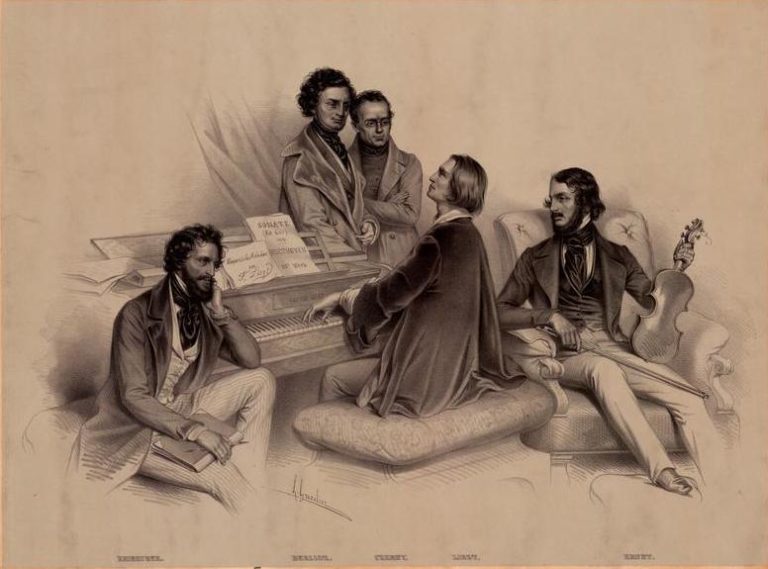Unrecouped

Hey look, I am back. I could bemoan the insidious forces that have kept me from blogging this morning, but I seem to know so many people who have been sick, injured, or lost loved ones in recent months, it really does not seem to become me to complain. And that was even without reading the paper this morning. Anyway, it’s a new year, a new semester, a new decade, so let’s get started.
Having been to more than my share of very sparsely-attended indie rock shows and history conference panels in recent years, the thought has occurred more than once that “mid-career” academic historians have much in common with a lot of the veteran indie musicians I go to see: well-known within a certain dispersed circle of cognoscenti, perhaps even established in certain way, but doing something too particular in its appeal to ever achieve more than the most modest sort of popularity. Most historians like most bands still have to set up and load their own equipment, and while it saddens me that we historians don’t usually get to perform in dive bars, the bathrooms in conference hotels are usually cleaner.
Then there is the economics of our respective types of publication. My reminder of the similarities here , admittedly not too recent at this writing, was this very informative post by Tim Quirk of Too Much Joy, critiquing his band’s royalty statement.
From Tim Quirk, I learned a new term (new to me) major record labels used to denote those never-hit-it-big back catalog bands that they authorize themselves to ignore and abuse: “unrecouped” bands whose sales, according to major label accounting, never paid back their advance and promotional costs. (According to the statement, Too Much Joy’s account with with Warner Brothers stood at $62.47 in royalties with an an unrecouped balance of $395,277.18.) Historians lucky enough to find teaching jobs and get tenure do enjoy some job security that bands who had a couple of songs on alt-rock radio in the early 90s might not, but we will all live in danger of remaining “unrecouped” and thus powerless when it comes to dealing with the publishers and their self-serving accounting practices.
—————-
Now playing: The Low Anthem – To the Ghosts Who Write History Books
This article originally appeared in issue 10.2 (January, 2010).
Jeffrey L. Pasley is associate professor of history at the University of Missouri and the author of “The Tyranny of Printers”: Newspaper Politics in the Early American Republic (2001), along with numerous articles and book chapters, most recently the entry on Philip Freneau in Greil Marcus’s forthcoming New Literary History of America. He is currently completing a book on the presidential election of 1796 for the University Press of Kansas and also writes the blog Publick Occurrences 2.0 for some Website called Common-place.